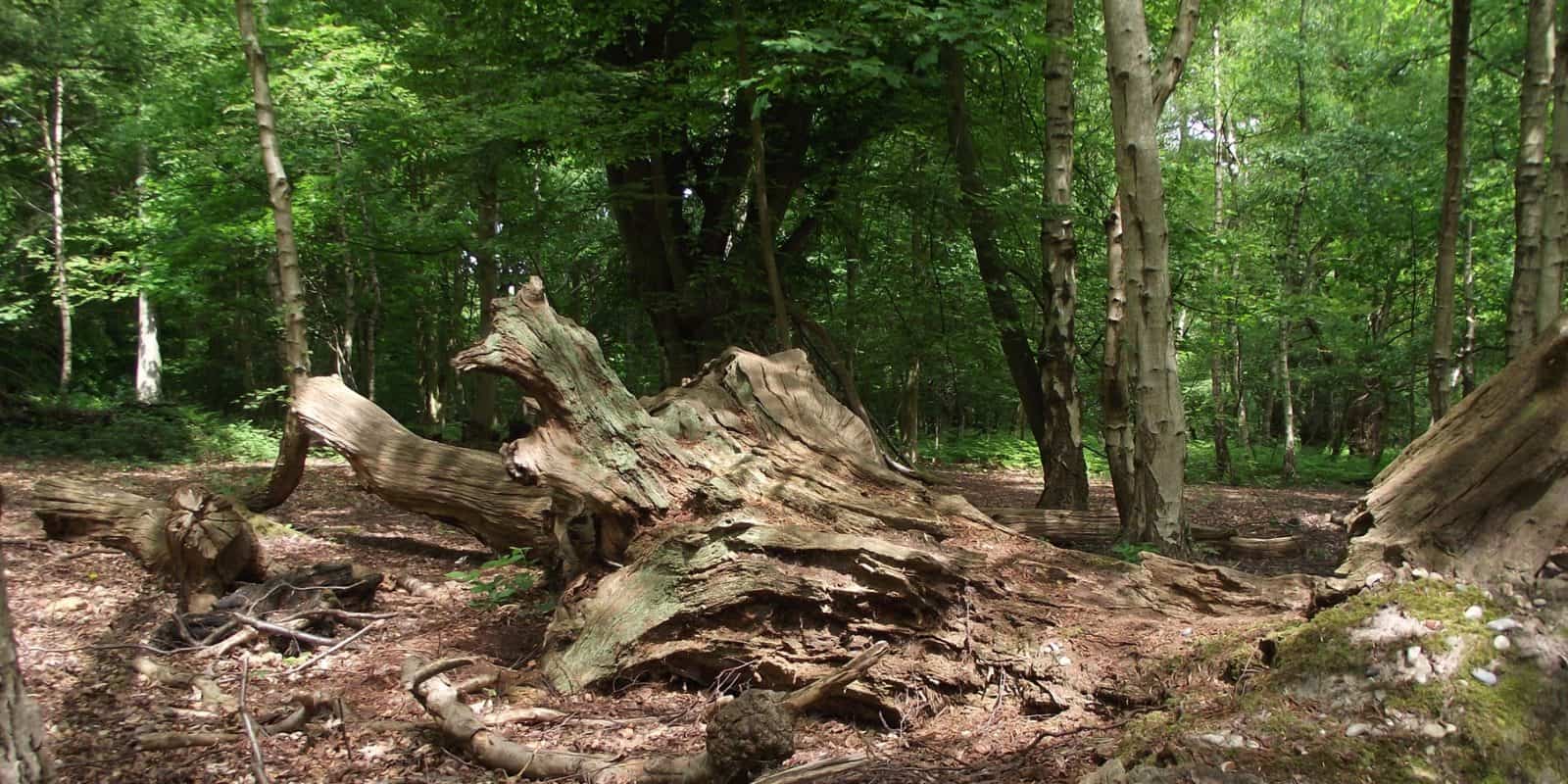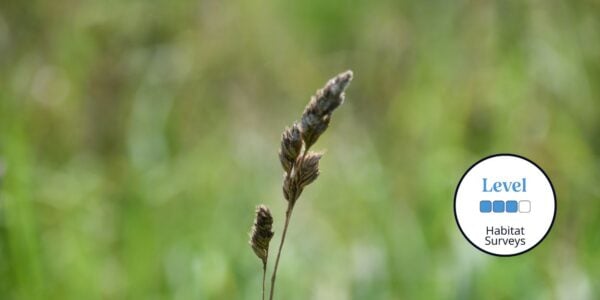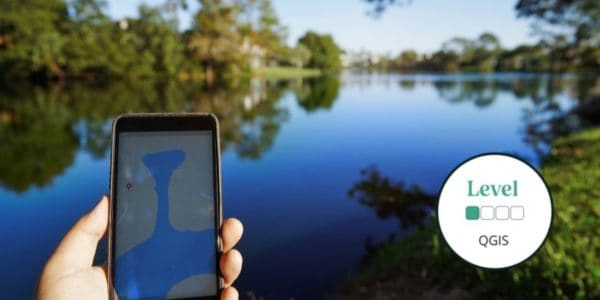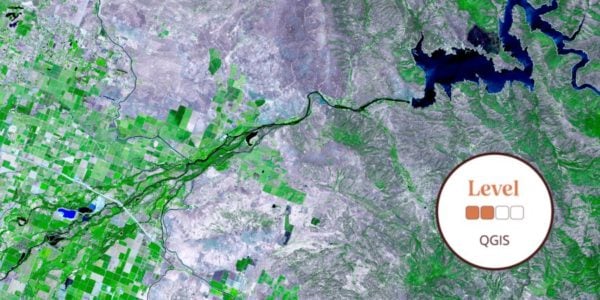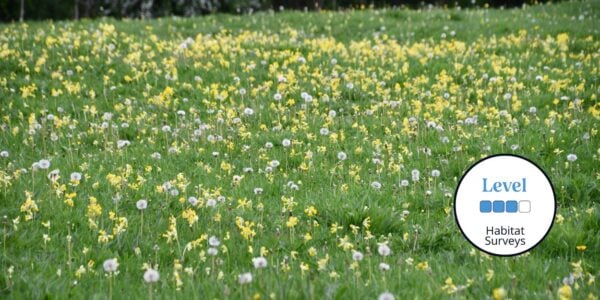This intermediate Phase I survey course will focus on helping you develop the botanical knowledge and field skills required to map habitats. Over the course duration, you will have the opportunity to survey and map a variety of habitats.
This course will include:
- Field visits to a range of habitats
- Classifying habitats within the Phase 1 system
- Mapping habitats and drawing conclusions
- Botanical identification
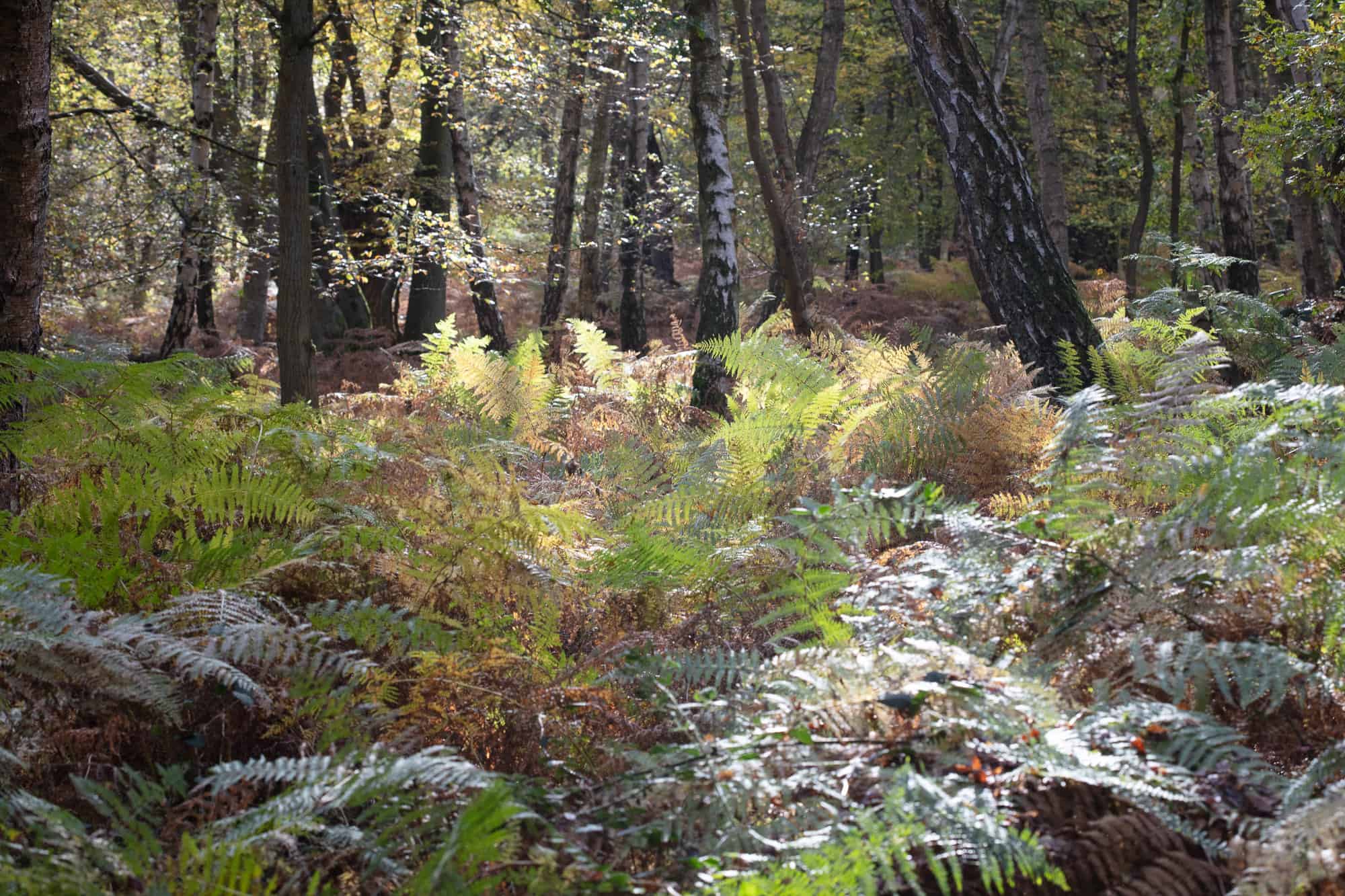
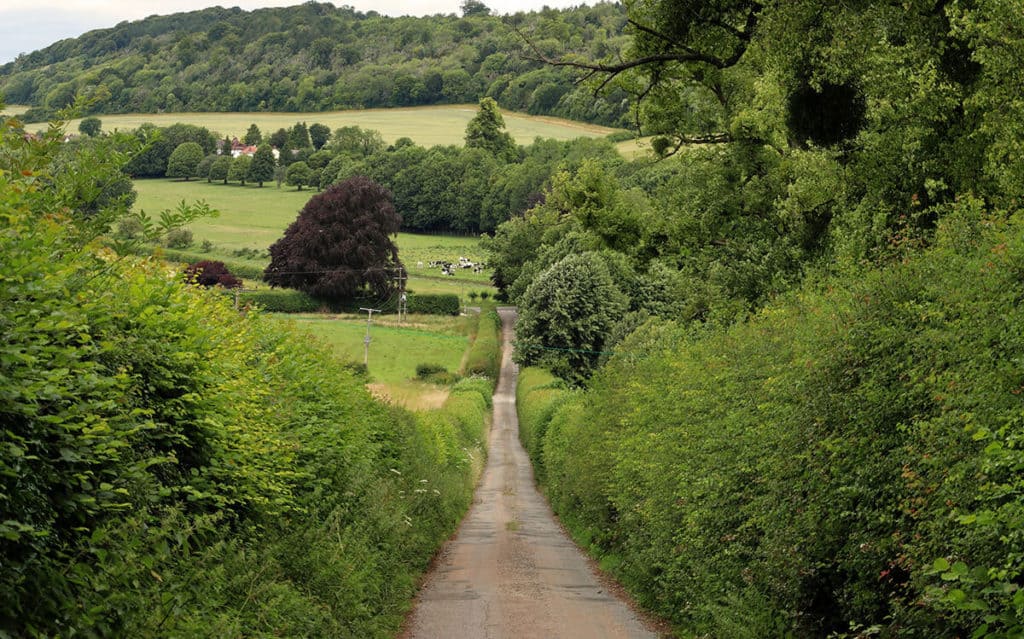
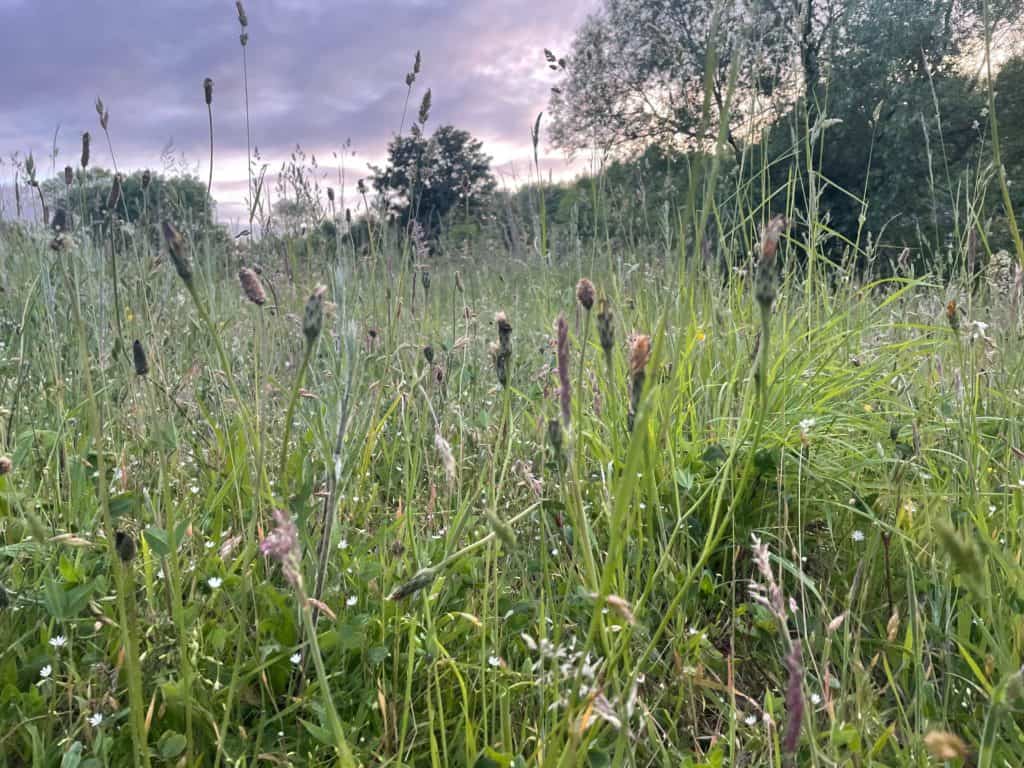
Read More
This intermediate course will focus on botanical detail to provide you with an understanding of the whole at a landscape scale. You will study several habitats, allowing you to develop and progress both your survey and plant identification skills.
Please note: You will need your own transport for site visits on both days of this course.
Who Should Attend? – This course is for anyone interested in beginning to conduct Phase I surveys with a focus on plant ID for habitat categorisation and will be best placed for those looking for continued professional development.
Knowledge Level – Intermediate. Level descriptors can be found on the following web-page: Framework and Course Level Descriptors
Prior Knowledge – Basic botanical knowledge will be required, although no specific experience is needed.
By the end of the course, you will be able to:
- Describe how to carry out a Phase 1 Habitat survey of a variety of habitats
- Analyse the findings of a Phase 1 Habitat survey and report on the findings, distinguishing those species/habitats of conservation value and justifying mapping/habitat identification decisions
- Confidently identify a range of botanical species
- Share this knowledge with friends, family, and fellow volunteers
PLEASE NOTE: There is no accommodation or meal facilities provided with this course. Refreshments (tea and coffee) will be available. If we are unable to reach viable numbers for this course, we will inform you of the course cancellation 4-5 weeks prior to the course run. We would recommend when purchasing accommodation and/or travel you should take out your own insurance.
Bookings will close if course capacity is reached.
Please email [email protected] if you have any questions.
About the Tutor
Sharon Brown
Sharon Brown is a botanist – geographer currently working as an independent ecologist with habitat assessment and management as a main area of expertise. Over time she has also worked for the Nature Conservancy Council, Scottish Rangering, Wildlife Trusts and latterly as an associate tutor for the Field Studies Council. As a naturalist she has a fascination for wild places, as well as the wild in more urban settings and an enthusiasm for passing this to others through practical application.
Example Timetable
Please arrive at Epping Forest Field Centre at 9:15am on both days for the course to start promptly at 9:30 am.
There will be a one-hour lunch break during the day. Lunch is not included so please bring your own food. Refreshments (tea and coffee) will be provided when at the Centre.
The course will finish at 16:30pm. You will need your own transport to visit field sites on both days of this course.
What's Included
The course has been carefully created by expert tutors and educators to help you continue to build and develop your knowledge and apply it within the field surrounded by like-minded individuals.
The course includes:
- Classroom learning covering the theory of the species
- Field excursions to apply new knowledge
- Expert tuition for which the Field Studies Council is renowned
- Clear objectives and progression
- Refreshments (tea and coffee)
You can rest assured that the absolute best content from an expert in environmental education will be provided. In choosing a Field Studies Council course, you will be joining thousands of people who learn with us each year.
Bursaries and Subsidies
Student Discount
This course is eligible for a student discount. If you are a current student, please use discount code BioStudent20 at checkout for 20% off all Biodiversity courses.
Natural History Bursaries
There are a number of natural history bursaries available to help with the cost of your course. To find out if you and your chosen course are eligible, read more here.
Before You Attend
What to Bring
- Notebook and pencil
- Lunch and refreshments
- Sensible footwear and clothing for being outdoors
- Small bag to carry personal items
- We will provide specialist equipment, but if you have your own you are welcome to bring it
Recommended Literature
When you book this course, you will receive a discount code for the Field Studies Council recommended guides below.
There will be a member of staff with first aid training and access to a first aid kit on site. If you have special medical or access requirements, please let us know as soon as possible so we can plan the course.
Opportunities to attend this course
-
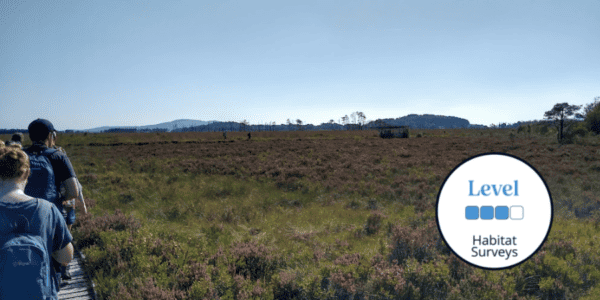
Sat 08, June 2024 09:30 - Sun 09, June 2024 16:30
Please note: you will need your own transport for site visits on both days. The centre is unable to offer accommodation with this course, please book local accommodation if you require overnight stays and ensure you take out the appropriate insurance.
No current dates for this course? Click here to view all the upcoming Natural History courses.
Progress Your Learning
This is a training course from the Field Studies Council, delivered by expert tutors with an approachable learning style. After attending this course, you may like to progress your learning with further relevant courses or branch out into other areas of natural history. The Field Studies Council offers both online and in-person courses, so you can choose the learning style that suits you best.
The course gives you the opportunity to immerse yourself in a new subject and acquire novel skills. Our online portal gives you time to study at your own pace and fit the lessons around your own schedule.
If you have any questions about our courses please check our Frequently Asked Questions or email [email protected].
Group Bookings Made Easy
If you have a group of 10 or more individuals wanting to complete one of our courses, our team are available to discuss your options – from discounts to private team courses. Find out more!
You can rest assured that the absolute best content from an expert in environmental education will be at your fingertips. In choosing a Field Studies Council course, you will be joining thousands of people who learn with us each year.

